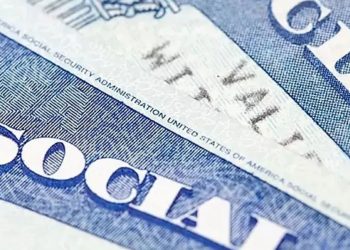The Louisiana Department of Health (LDH) has been found to have disbursed $103 million for Medicaid expenses related to recipients who were not eligible, as indicated in a recently published audit report.
This examination, conducted by the Louisiana Legislative Auditor, follows a prior investigation from 2023 which uncovered $112 million allocated to ineligible individuals through the state’s Medicaid program.
In response to the findings of the 2023 report, the Louisiana Legislative Auditor directed the health department to utilize data from the Office of Motor Vehicles to better identify and determine those individuals who no longer qualify for state benefits. Eligibility for state benefits necessitates that recipients maintain residency within Louisiana.
An illustrative case highlighted in the report involved the health department paying over $29,000 in premiums for a single individual who had not availed any services within Louisiana since early 2020 and had been receiving medical care in Texas since March of that year.
Notwithstanding the warnings and directives issued in 2023, the department continued to make payments to managed care organizations on behalf of more than 22,000 adult Medicaid beneficiaries who appeared to have relocated outside the state.
Many of these individuals had either updated their addresses in state databases to reflect out-of-state locations or obtained driver’s licenses from other states, both of which are indicators that they may no longer be eligible for Louisiana’s Medicaid program.
The earlier report noted that the health department had disagreed with the auditor’s recommendation to employ Medicaid’s National Provider Identifier—a unique identification number assigned to healthcare providers covered under Medicaid.
The latest findings indicate that nearly 8,000 recipients were identified as having received services solely from out-of-state providers.
Additionally, the audit revealed that LDH allocated $92.1 million for almost 19,250 recipients who had not received any services after flags were raised—such as changes in address to out-of-state locations or activity related to driver’s licenses. Approximately one-third of these individuals had already been flagged in the Legislative Auditor’s previous report, shared with the health department in July 2023, yet they remained on the Medicaid rolls.
The audit points out that part of the challenge stems from certain individuals being automatically enrolled in Medicaid through other qualifying programs, such as Supplemental Security Income, without adequate verification of their in-state residency status.
In light of these issues, the state health department has initiated corrective measures. In April 2024, it entered into a data-sharing agreement with the Office of Motor Vehicles to regularly verify residency indicators. The first review under this agreement was executed in April 2025, resulting in the identification of approximately 9,000 out-of-state Medicaid enrollees who are now set for removal from the program.
The agency anticipates that these measures could yield annual savings of $73.8 million, which includes around $10.9 million in state funds.
Furthermore, the state health department has expressed its agreement with all recommendations put forth in the audit, underscoring the necessity for enhanced oversight and a more proactive approach to removing out-of-state residents from the Medicaid system.









